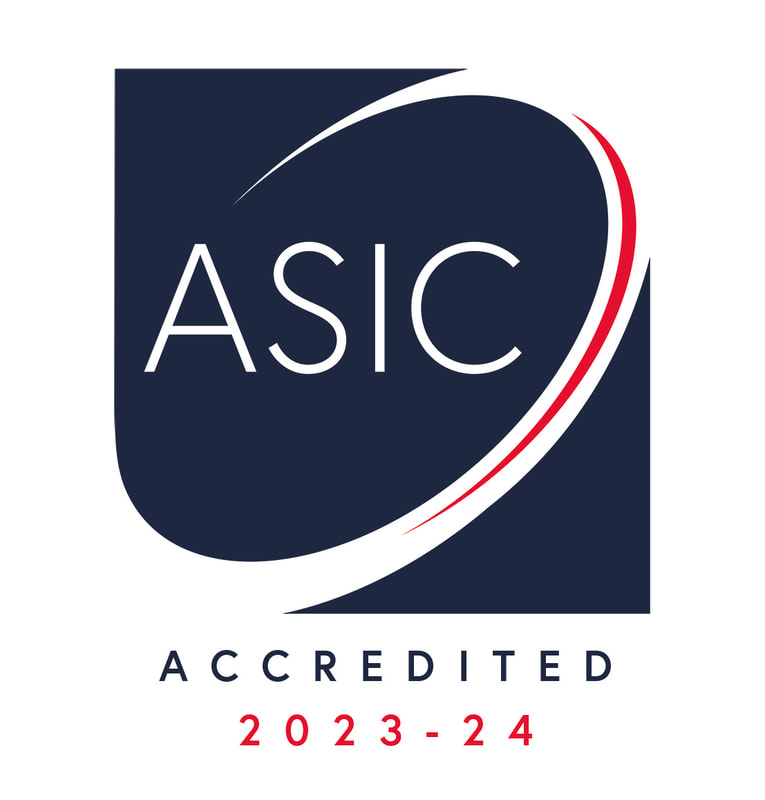Continuing Education

Continuing education is an all-encompassing term within a broad spectrum of post-secondary learning activities and programs. The term is used mainly in the United States and Canada. Recognized forms of post-secondary learning activities within the domain include: degree credit courses by non-traditional students, non-degree career training, workforce training, formal personal enrichment courses (both on-campus and online) self-directed learning (such as through Internet interest groups, clubs or personal research activities) and experiential learning as applied to problem solving.
General
General continuing education is similar to adult education, at least in being intended for adult learners, especially those beyond traditional undergraduate college or university age. However, it is not normally considered to include basic instruction such as literacy, English language skills, or programs such as vocational training or GED preparation. Instead, as the term suggests, it is assumed that the student already has a college education and is simply continuing it.
Frequently, in the United States, continuing education involves enrollment in college/university credit-granting courses, often by students enrolled part-time, and often offered through a division or school of continuing education of a college/university known sometimes as the university extension or extension school. Also frequently in the US, it can mean enrollment in non-credit-granting courses, often taken for personal, non-vocational enrichment (although many non-credit courses can also have a vocational function). Also, in the US, many such non-credit courses are offered by community colleges.
The University of Wisconsin–Madison, in 1907, was the first academic institution in the US to offer what today would be considered an identifiable continuing education program. The New School for Social Research, founded in 1919, was initially devoted to adult education. In 1969, Empire State College, a unit of the State University of New York, was the first institution in the US to exclusively focus on providing higher education to adult learners. In 1976 the University of Florida created its own Division of Continuing Education and most courses were offered on evenings or weekends to accommodate the schedules of working students.
In the spring of 2009, Eduventures, a higher education consulting firm, released the results of a study that illustrated that the recession had made a significant impact on the views of prospective continuing education students. A survey of 1,500 adults who planned to enroll in a course or program within the next two years determined that while nearly half of respondents believed that the value of education had risen due to the recession, over two-thirds said the state of the economy had affected their plans to pursue continuing education.
For professionals
Within the domain of Continuing Education, professional continuing education is a specific learning activity generally characterized by the issuance of a certificate or continuing education units (CEU) for the purpose of documenting attendance at a designated seminar or course of instruction. Licensing bodies in a number of fields (such as teaching) impose continuing education requirements on members who hold licenses to practice within a particular profession. These requirements are intended to encourage professionals to expand their foundations of knowledge and stay up-to-date on new developments. Depending on the field, these requirements may be satisfied through college or university coursework, extension courses or conferences and seminars attendance. Although individual professions may have different standards, the most widely accepted standard, developed by the International Association for Continuing Education & Training, is that ten contact hours equals one Continuing Education Unit. Not all professionals use the CEU convention. For example, the American Psychological Association accredits sponsors of continuing education such as PsychContinuingEd.com and uses simply a CE approach. In contrast to the CEU, the CE credit is typically one CE credit for each hour of contact.
Method and format
The method of delivery of continuing education can include traditional types of classroom lectures and laboratories. However, many continuing education programs make heavy use of distance learning, which not only includes independent study, but can also include videotaped/CD-ROM material, broadcast programming or Online Education which has more recently dominated the distance learning community. Many universities such as Southern New Hampshire University, have begun to offer hybrid courses. These courses offer adult learners the option of having in-classroom and online learning.[7] Online courses have brought the possibility of obtaining an affordable college education to many of those of to whom it was previously out of reach.
In addition to independent study, the use of conference-type group study, which can include study networks (which can, in many instances, meet together online) as well as different types of seminars/workshops, can be used to facilitate learning. A combination of traditional, distance, and conference-type study, or two of these three methods, may be used for a particular continuing education course or program.
General
General continuing education is similar to adult education, at least in being intended for adult learners, especially those beyond traditional undergraduate college or university age. However, it is not normally considered to include basic instruction such as literacy, English language skills, or programs such as vocational training or GED preparation. Instead, as the term suggests, it is assumed that the student already has a college education and is simply continuing it.
Frequently, in the United States, continuing education involves enrollment in college/university credit-granting courses, often by students enrolled part-time, and often offered through a division or school of continuing education of a college/university known sometimes as the university extension or extension school. Also frequently in the US, it can mean enrollment in non-credit-granting courses, often taken for personal, non-vocational enrichment (although many non-credit courses can also have a vocational function). Also, in the US, many such non-credit courses are offered by community colleges.
The University of Wisconsin–Madison, in 1907, was the first academic institution in the US to offer what today would be considered an identifiable continuing education program. The New School for Social Research, founded in 1919, was initially devoted to adult education. In 1969, Empire State College, a unit of the State University of New York, was the first institution in the US to exclusively focus on providing higher education to adult learners. In 1976 the University of Florida created its own Division of Continuing Education and most courses were offered on evenings or weekends to accommodate the schedules of working students.
In the spring of 2009, Eduventures, a higher education consulting firm, released the results of a study that illustrated that the recession had made a significant impact on the views of prospective continuing education students. A survey of 1,500 adults who planned to enroll in a course or program within the next two years determined that while nearly half of respondents believed that the value of education had risen due to the recession, over two-thirds said the state of the economy had affected their plans to pursue continuing education.
For professionals
Within the domain of Continuing Education, professional continuing education is a specific learning activity generally characterized by the issuance of a certificate or continuing education units (CEU) for the purpose of documenting attendance at a designated seminar or course of instruction. Licensing bodies in a number of fields (such as teaching) impose continuing education requirements on members who hold licenses to practice within a particular profession. These requirements are intended to encourage professionals to expand their foundations of knowledge and stay up-to-date on new developments. Depending on the field, these requirements may be satisfied through college or university coursework, extension courses or conferences and seminars attendance. Although individual professions may have different standards, the most widely accepted standard, developed by the International Association for Continuing Education & Training, is that ten contact hours equals one Continuing Education Unit. Not all professionals use the CEU convention. For example, the American Psychological Association accredits sponsors of continuing education such as PsychContinuingEd.com and uses simply a CE approach. In contrast to the CEU, the CE credit is typically one CE credit for each hour of contact.
Method and format
The method of delivery of continuing education can include traditional types of classroom lectures and laboratories. However, many continuing education programs make heavy use of distance learning, which not only includes independent study, but can also include videotaped/CD-ROM material, broadcast programming or Online Education which has more recently dominated the distance learning community. Many universities such as Southern New Hampshire University, have begun to offer hybrid courses. These courses offer adult learners the option of having in-classroom and online learning.[7] Online courses have brought the possibility of obtaining an affordable college education to many of those of to whom it was previously out of reach.
In addition to independent study, the use of conference-type group study, which can include study networks (which can, in many instances, meet together online) as well as different types of seminars/workshops, can be used to facilitate learning. A combination of traditional, distance, and conference-type study, or two of these three methods, may be used for a particular continuing education course or program.



